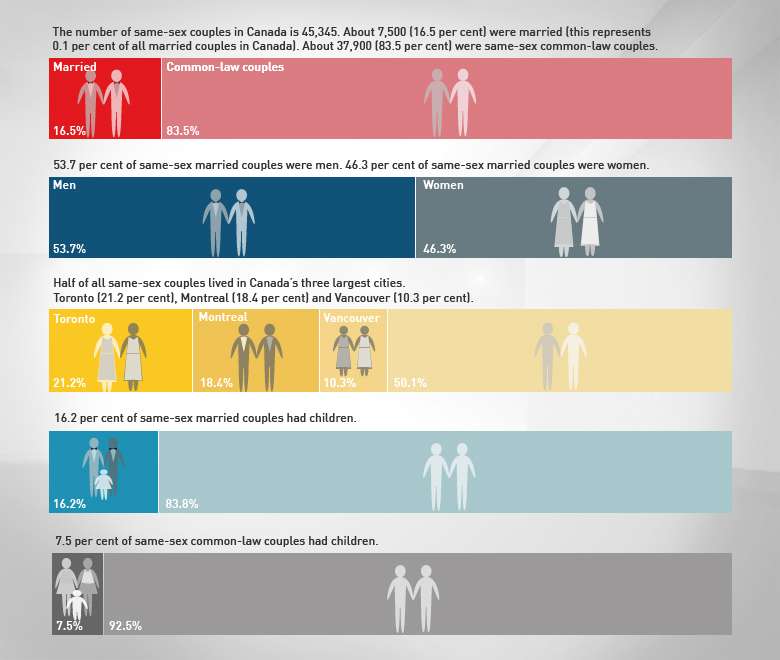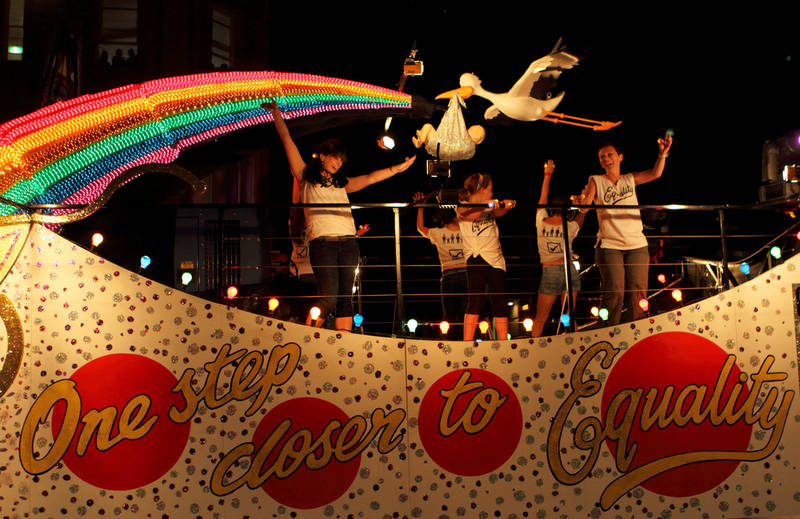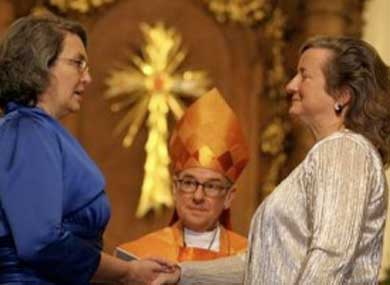From here:
A florist in Riverview, N.B., is refusing to provide wedding flowers to a same-sex couple, according to the event’s planner.
After agreeing to provide the flowers for a wedding, Kim Evans of Petals and Promises Wedding Flowers sent an email last month to the couple, saying she didn’t know it was a same-sex wedding and would have no part of the ceremony.
“I am choosing to decline your business. As a born-again Christian, I must respect my conscience before God and have no part in this matter,” the email said.
Evans has not returned calls from CBC News to explain her decision.
Mario Bourgeois Leduc, wedding planner for the couple, who didn’t want their names released, said he was appalled by the florist’s email, especially since “you’re celebrating love and you’re going against all of the odds to celebrate what is important in your life.”
“This is going to stay with them for years, because they were again told that their lives are not OK.”
Eldon Hay, a United Church minister in Sackville and a well-known gay rights advocate, said he still sympathizes with the florist.
“The shopkeeper has every right to her own convictions as long as she is a private citizen in her own house,” Hay said.
“But if she opens her doors to sell flowers, then she must be prepared to meet and deal with the public.”
According to the New Brunswick Human Rights Act, anyone doing business in the province cannot refuse customers based on race, religion or sexual orientation.
I suspect that this type of incident is likely to become more common as the decade grinds on.
While, like the United Church minister, I can feign sympathy for what I disagree with – the law in my case – I do wonder whether, in this situation, the law is being misapplied.
Making it illegal for a homosexual couple to walk into, say, a tobacconist and be refused cigarettes, is a little different from compelling a Christian florist to tacitly condone – almost take part in – a “marriage” ceremony which violates her beliefs.
The law usually acts as a blunderbuss, of course, and is indifferent to fine distinctions, so Christians beware: we appear to be entering a time where we have to pay a social and financial penalty for our beliefs.
Like this:
Like Loading...





